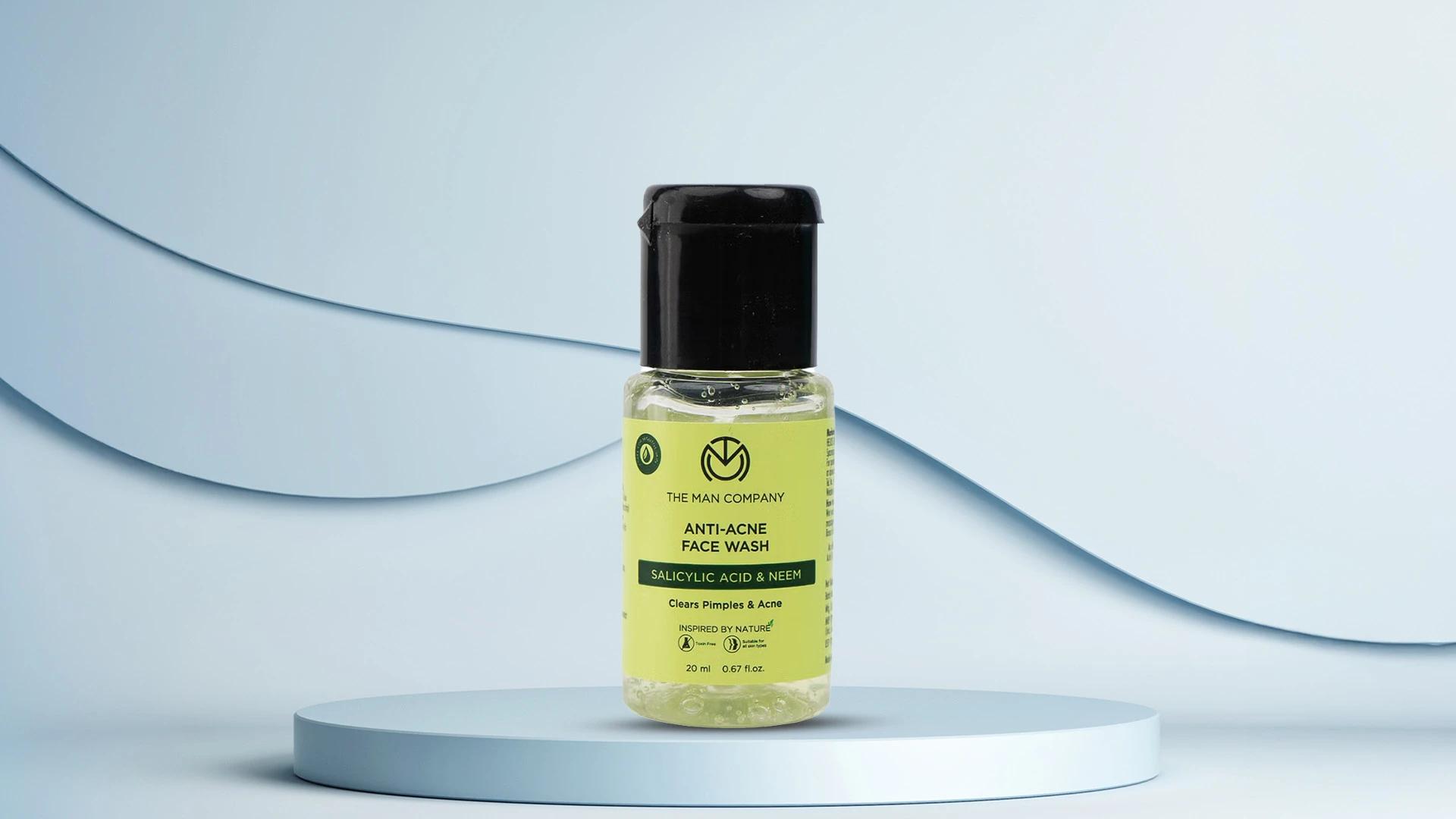Pair your acne cleanser with a gentle moisturiser and sunscreen. Yes, acne-prone skin needs moisturiser too. Look for lightweight, non-comedogenic formulas that won't undo your cleansing efforts.
When to Consult a Dermatologist
Sometimes DIY skincare isn't enough, and that's completely normal. If your acne is severe, painful, or not responding to over-the-counter treatments after 6-8 weeks, it's time to call in the professionals. Dermatologists can prescribe stronger treatments and provide dermatologist-recommended acne cleansers that aren't available in regular shops. They can also help identify if your "acne" might actually be another skin condition that needs different treatment. Don't feel like seeking professional help is giving up – think of it as levelling up your skincare game.
Frequently Asked Questions
What is the best face soap for oily, acne-prone skin?
Gel-based cleansers with salicylic acid work brilliantly for oily, acne-prone skin. Look for oil-free formulas that can cut through excess sebum without over-drying. Start with 0.5-2% salicylic acid concentration.
Can using the wrong face soap make acne worse?
Absolutely. Harsh cleansers can strip your skin's natural oils, causing it to produce even more oil to compensate. This can lead to more breakouts and irritation. Always choose products suited to your specific skin type.
How long should I use an acne face soap before seeing results?
Give any new cleanser at least 6-8 weeks to show results. Your skin needs time to adjust and for the active ingredients to work. If you're not seeing improvement after two months, it might be time to try something different.
Are natural face soaps effective for treating acne?
Some natural ingredients like tea tree oil and willow bark (natural salicylic acid) can be effective for mild acne. However, "natural" doesn't always mean gentler or better. The key is finding ingredients that work for your specific skin needs.
Can I use acne face soap if I have sensitive skin?
Yes, but choose gentle formulas with lower concentrations of active ingredients. Look for fragrance-free, hypoallergenic options and always patch test first. Start slowly and build up frequency as your skin adjusts.
Final Thoughts
Choosing the right face soap for acne doesn't have to be overwhelming once you understand your skin's specific needs. Remember that your skin type, acne severity, and ingredient sensitivities all play crucial roles in finding your perfect match. Whether you opt for a salicylic acid face wash, a gentle acne soap, or an antibacterial facial cleanser, consistency is key. Start slowly, be patient with results, and don't be afraid to adjust your routine as your skin changes. The journey to clearer skin is worth taking one step at a time, and finding the right cleanser is often the foundation of that journey.

 100 ml
100 ml 15 gm
15 gm 125 ml
125 ml 100 ml
100 ml